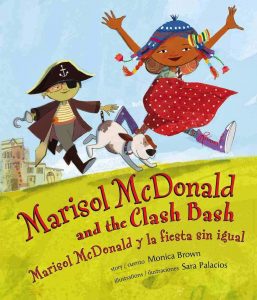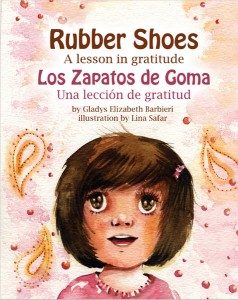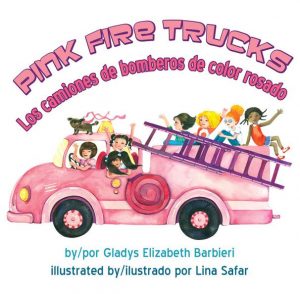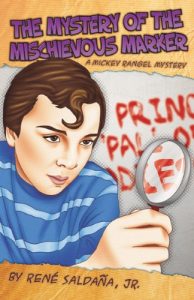 School principal Mrs. Abrego and nemesis Bucho both ask detective Mickey Rangel to help unmask the vandal who has been writing messages all over the school walls.
School principal Mrs. Abrego and nemesis Bucho both ask detective Mickey Rangel to help unmask the vandal who has been writing messages all over the school walls.
Bilingual
Calling The Doves/El Canto De Las Palomas: El Canto De Las Palomas
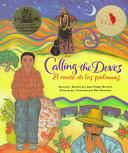
In this bilingual autobiography, the Mexican American poet Juan Felipe Herrera describes his childhood in California as the son of migrant workers. The author recalls his childhood in the mountains and valleys of California with his farmworker parents who inspired him with poetry and song. A rich, personal narrative about growing up as a migrant farmworker. Herrera relates how he learned to love the land from his father, and poetry from his mother. He uses lyrical passages to portray everyday life, e.g., the ritual of breakfast: The sky was my blue spoon – the wavy clay of the land was my plate. The colored-pencil and acrylic illustrations are bright and at times fanciful. Simmon’s artwork brings to life Herrera’s words, which are printed in both English and Spanish.
Senor Pancho Had a Rancho
The barnyard animals on Old MacDonald’s and Senor Pancho’s farms have a hard time communicating. MacDonald’s rooster says cock-a-doodle-doo! While Senor Pancho’s gallo says quiquirquí. The English-speaking chick says peep, peep, but el pollito says pio, pio. Then the cow says moo and la vaca says mu! Maybe they’re not so different after all! So all the animals come together for a barnyard fiesta, because dancing is a universal language.
Angels Ride Bikes And Other Fall Poems: Los Angeles Andan Bicicletas
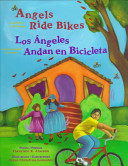
A bilingual collection of poems by a renowned Mexican-American poet revisits and celebrates his childhood memories of fall in the city and growing up in Los Angeles. By the creators of Laughing Tomatoes and Other Spring Poems. 10,000 first printing.
Say Hola to Spanish, Otra Vez
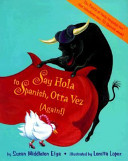
Presents a humorous introduction to Spanish words through illustrations and rhyming text.
Marisol Mcdonald and the Clash Bash: Marisol McDonald y la fiesta sin igual (English and Spanish Edition)
Poems to Dream Together / Poemas Para Sonar Juntos
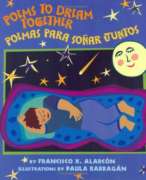
A collection of poems in English and Spanish discusses imagination, dreams, family, and growing up in California and in Mexico.
Rubber Shoes / Los Zapatos De Goma: A Lesson in Gratitude / Una Leccin De Gratitud
Pink Fire Trucks / Los camiones de bomberos de color rosado
I Am Rene, The Boy/ Soy Rene, El Nino

When René learns that in the United States his name is also a girl’s name, he does some research and relates the name’s meaning and letters to his homeland of El Salvador and the things that make him special.

